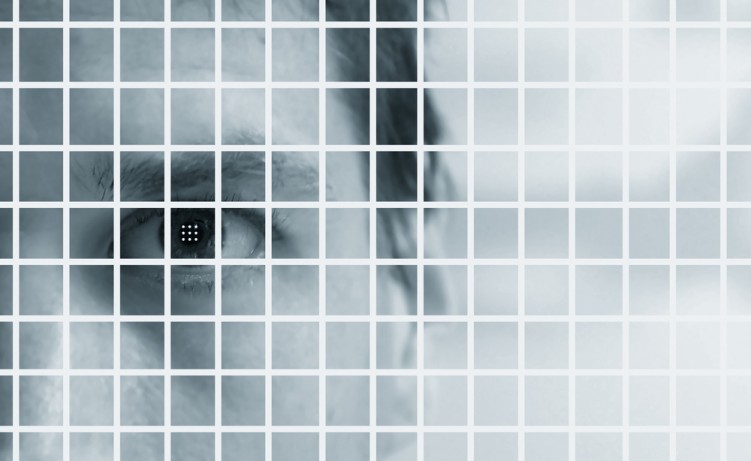For years facial recognition technology only existed in science books, television and cinema. The idea was brilliant. However, real-world technology hadn’t yet caught up with the concept. That’s changed in recent years. Facial recognition software is no longer a vague notion. It’s reality.
To experience it firsthand, look no further than new smart devices, social media platforms and Gaming apps. This technology, once out of reach, has now been conventionalized. The travel industry has identified several ways to use facial recognition. The benefits have the potential to change the tourism & hospitality world.
FlightHub and JustFly discuss facial recognition technology and travel below.
What exactly is facial recognition technology? Simply put, it’s a kind of artificial intelligence (AI). It uses biological and statistical information to identify a person by their facial features and skin texture. A device equipped with facial recognition software records and stores a person’s photo or video. The user then gains access to the device when he or she is recognized.

Several of the world’s largest technology companies use facial recognition. Snapchat, Instagram and Facebook allow users to add filters to their faces. Apple users can now unlock their devices via Face ID.
Investigation bureaus and other branches of law enforcement have used facial detection cameras to identify suspects for years. Photography companies have also started using facial recognition software to identify faces in images more easily.
In recent years, the travel industry has implemented facial recognition technology in many ways. With global travel on the rise, tourism and hospitality businesses are booming. Facial recognition programs can be used to reduce wait times and queues. It also allows for a personalized touch to products and services, impacting customers in a positive way.
Facial recognition scans are also used for security purposes in hotels and airports. They grant and restrict access to certain areas. It’s a simple and effective means to ensure safety.
1. The hotel industry is always looking for new ways to improve service. Some hotels are now asking customers to submit photos of themselves while booking. As visitors arrive, facial recognition through cameras identify them almost instantly. Similarly, several airports have adopted this initiative to speed up the boarding process.
This allows hotel staff to retrieve the appropriate information and welcome guests promptly, giving them access to suites and other parts of the facility. This information can then be kept on file to identify returning members. An example of this would be applying loyalty rewards and discount codes associated with a customer’s profile. Marriott hotels in China have implemented a similar process in at least 2 of their properties.
2. From a security and accessibility point of view facial recognition is a major benefit to the travel industry. Security staff often use face scans to identify problematic guests and to lower the chances of crimes. For example, troublesome visitors can be identified upon arrival if they have a history of misconduct at an airport or hotel. Authorities can then be contacted in a timely fashion.
3. Data analysis is a slightly more complex but nonetheless impressive way to use facial recognition. The software can sometimes be used to determine if a person is a man or woman, approximate age and other details. When paired with existing data about people in the customer’s demographic, this allows for a more customer-centric approach to service.
4. Payment systems and credit card companies have also begun using facial recognition to facilitate transactions. The Selfie Pay system by MasterCard is one such example. In hotels, similar technology may remove the need for customers to interact with front desk staff completely.
It goes without saying that facial recognition benefits travelers. However, people have also voiced concerns about privacy. In short, some find the biometric programs intrusive. Some customers feel their information will be shared or sold to third party companies they have no dealings with.
With these apprehensions in mind, privacy and consent are of the utmost importance. Customers want to be protected. They want to be able to choose whether they’ll be subject to facial recognition scans. Travelers also want the option to opt out of these types of programs, quickly and easily.
Facial recognition technology is no longer a futuristic idea from the scientific community. It’s a part of everyday life. Airports, hotels, social media platforms and smart devices are integrating facial scan technology at increasing rates. Although some travelers have voiced concerns about privacy and information sharing, by and large, FlightHub and JustFly believe facial recognition technology improves travel businesses and customer experiences.
Branded series by Justfly
By Kyle Bernard





